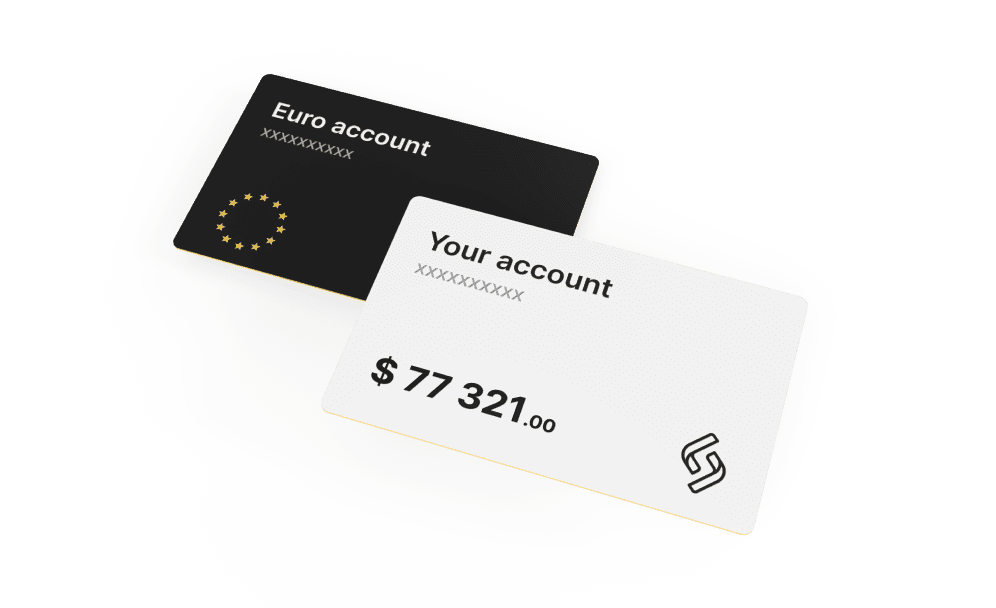How to Register as a Freelancer? A Step-by-step Guide

According to various data, there are 1.1 – 1.6 billion freelancers worldwide now. Literally, the number of self-employed workers is significantly increasing day by day. The growth dynamics of the freelancer market is observed globally. The fact that you’ve managed to generate your own income is beyond all praise, but being a freelancer also means operating a small business. And any kind of business activity must be legally registered. Of course, each country has its own rules regarding freelancer registration, but the general ones can be singled out.
Legal Requirements Freelancers Need to Consider
Before taking any steps to register as a freelancer, you need to understand your annual income volume and choose the type of legal structure for your practice. This strategic decision is a guarantee of comfortable business running. This will directly affect how much tax you will pay in the future.
The 2 most common legal structures are self-employed (sole traders / partnerships) or a private limited company. You need to apply to register with your country’s tax authority according to the legal procedure, e.g., HMRC in the UK.
Any business activity is taxable. You’ll be taxed differently, depending on the legal structure you choose. Sole traders pay taxes on all profits via self-assessment. Limited companies must pay corporation tax on all profits. Personal income tax on all the earnings drawn from a company must be paid by a company director.
Reporting to the tax authority for calculating and remitting your income tax (depends on the profits from your business) is mandatory. Income tax usually has a progressive scale: the higher a profit, the higher tax rate is. Depending on the country you live in, some additional deductions must be included (retirement contributions, medical insurance, etc.).
It is highly recommended to formalize relationships with your clients by fixing agreements in a contract. Download a contract template online and modify it to your scope of work to have a standard contract. General terms and conditions are always the same, just change the commercial part and deadlines.
To be paid for the work performed, you will need to issue invoices. You will need to open a bank account for invoicing and receiving funds. By the way, specifically for freelancers’ needs an exclusive freelance account option with European IBAN is available at Satchel.eu. It’s simple enough, just mind a few legal details. The invoice must contain your full name, legal registered address and business name (if you use one). Find more useful tips for best payment methods to get paid as a freelancer.
Keep your business and bookkeeping in order to avoid any tax penalties. To simplify your bookkeeping, you can use an accountancy software package (Zoho or Xero Books, QuickBooks) with free templates. You can track all your expenses, store receipts, monitor all unpaid invoices, set aside a tax.
Is There Any Difference Between a Freelancer and Self-Employed?
Technically, all freelancers are self-employed workers, but not every self-employed person is a freelancer. Freelancers can have several simultaneous short-term projects. The difference is that freelancers work from the direction of clients. Self-employed are running their own business and more business owners, entrepreneurs, start-up founders. But legally they’re the same thing.
How to Register as a Freelancer?
As it was mentioned above, any self-employment activity requires registration with the local tax authority of your country. Study carefully the information on the website and follow the step-by-step instructions. Do not hesitate to apply for registration online if this option is available in your country.
Should I Register as a Limited Company or Stay Self-Employed?
If you are just starting your freelance activity, it will be quite enough to work as a self-employed. A sole trader registration form is less burdensome and easier for bookkeeping and reporting. Usually, a limited company is for more advanced freelancers with higher annual volume having at least several years of background. This option is a bit more complicated and has a higher admin burden, such as appointing directors, filing annual tax returns, and completing company accounts. But it can bring some tax savings, as sole traders are paying income tax which can increase depending on volume. While limited companies are paying corporation tax which remains the same. But still, taxation may vary from country to country. It will be more reliable if you carefully check the local tax rules in your countries.
Conclusion
You need freelancer registration to sell your services to other businesses. As registration, reporting, and invoicing are associated with a certain bureaucracy. Applying and reporting online saves your time, so go for it. If the procedure seems to take much of your time or somehow bothers you, there are freelance accountants ready to assist for a modest fee. Otherwise use bookkeeping software for small businesses, some of their functions are free. It is always better to sign a contract with your customer. It allows you to fix agreements and parties’ responsibilities.







